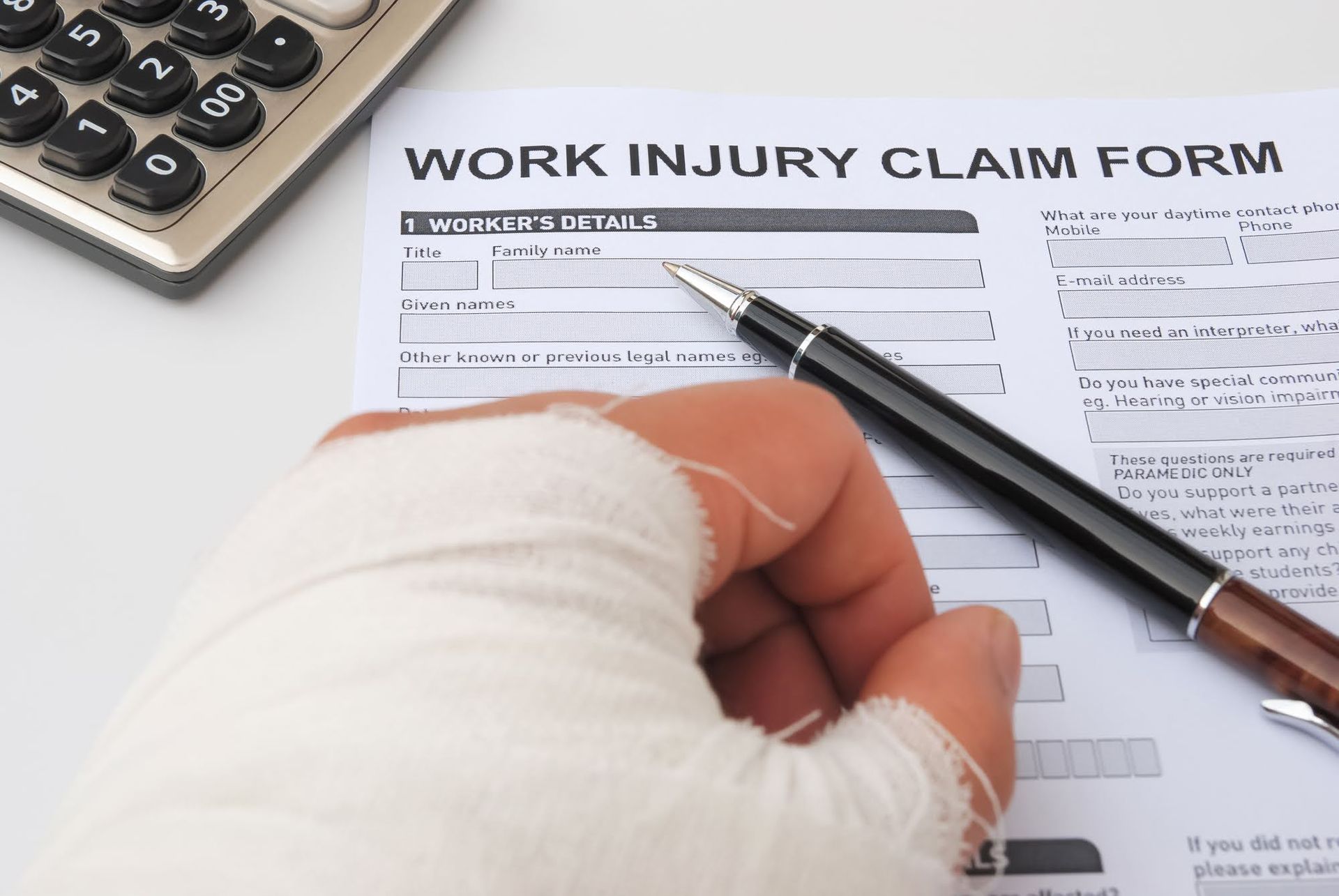Address: 1201 East Street Parkville, Missouri 64152
Toll Free:
Call Us Now:
Understanding Trauma at Work: Qualifying for Workers Comp

Workplace trauma, whether emotional or physical, is, unfortunately, a reality that many professionals across various industries face. Workers compensation, a crucial part of the employer-employee dynamic, provides essential support in these distressing moments. But just what kinds of trauma are considered in the worker's comp claim process? Understanding the various types of trauma that can lead to a workers comp claim is vital knowledge for all who participate in the workforce.
Defining Workplace Trauma
Trauma, in general, is an incident that results in significant distress for an individual. In the workplace context, this can manifest in several ways, each with its severity and impact on the individual's well-being.
Physical Injuries
Common examples of physical trauma that could qualify for workers comp include:
- Falls leading to severe injuries
- Machinery accidents causing loss of limbs
- Repetitive stress damage over time
- Violence or aggression from co-workers or members of the public
Occupational Diseases
While often associated with long-term exposure, diseases such as mesothelioma or silicosis also fall under the umbrella of trauma qualifying for workers comp.
Emotional and Psychological Trauma
The complexities of emotional and psychological trauma are often more difficult to substantiate but no less significant. Issues that can arise in the workplace and qualify for workers comp include:
- Witnessing a traumatic event
- Bullying and harassment
- Post-traumatic stress disorder (PTSD)
The Worker's Comp Qualification Process
For any trauma to be considered under workers comp, there are several key elements:
Causation
The trauma must have occurred while the employee was performing their job duties. This clause is fundamental in making a legitimate workers comp claim.
Physical Manifestation
In the case of emotional or psychological trauma, workers comp typically requires a physical manifestation of the condition, such as stress-induced physical symptoms, to qualify for benefits.
Notification
Employees are usually required to inform their employer promptly about any incident. Failure to do so can complicate the claims process.
Medical Certification
Medical documentation is essential to any workers comp claim. The diagnosis must be made by a professional and support the fact that the trauma is a result of a workplace incident.
Examples of Trauma That Can Lead to Workers Comp Claims
Physical Assaults or Incidents
Incidents of physical assault or altercations with customers or co-workers can result in injuries that lead to a workers comp claim.
Severe Work Accidents
These might include a collapse of a structure at a construction site, heavy machinery-related accidents, or any severe injuries sustained during a work-related activity.
Post-Traumatic Stress Disorder (PTSD)
Those who experience or witness traumatic events at work may develop PTSD, such as first responders or those in a high-stress environment, resulting in a compensable workers comp claim.
Occupational Stress
Long-term exposure to stressful and overwhelming work conditions, often with no respite, can manifest as physical symptoms and lead to workers comp claims.
Employer and Employee Responsibilities
When Trauma Occurs
Employers should provide immediate assistance to the employee, ensuring they receive care and understand the steps to file a workers comp claim.
Documentation
Employees should document the incident, gather witness statements, and keep thorough records to support their claims.
Seeking Legal Advice
For complex or challenging cases, seeking legal advice may be necessary to ensure the rights and best interests of the employee are protected.
Final Considerations
Understanding Your Rights
It's crucial for all employees to understand their rights and protections under workers compensation laws in their state or country.
Seeking Support
Support from family, friends, and mental health professionals can serve as a crucial part of the recovery process and help in navigating the claims experience.
No matter the nature of your work, it's important to be aware of the potential traumatic events that could occur and the avenues for support available to you. By understanding the types of trauma that are covered by workers comp and the process involved in making a claim, you can better protect yourself and your colleagues in times of need.
Contact us for more information.

CONTACT INFORMATION
Email:
Phone:
Toll Free:










